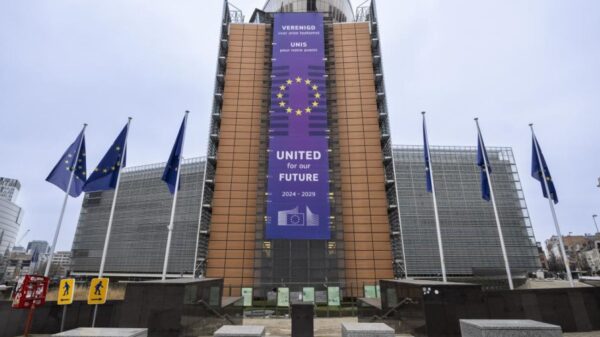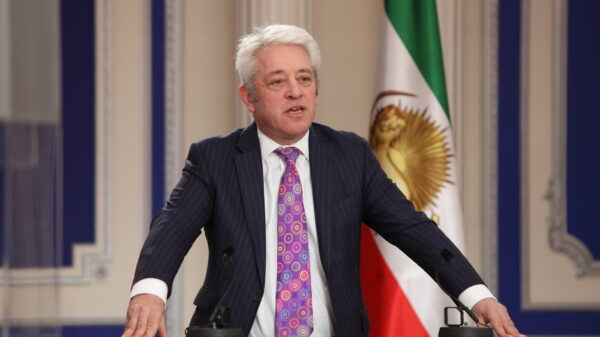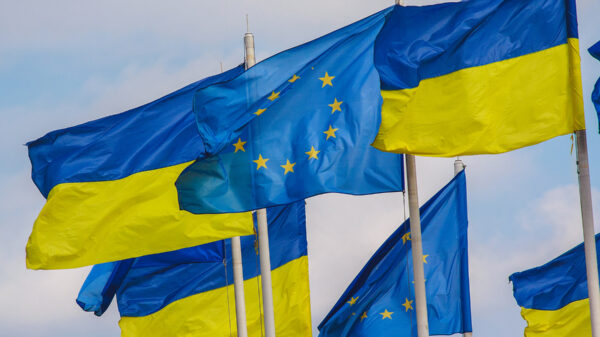
Nine countries – including the UK – have spent four days tracking terrorists across borders in a training exercise.
Operation Firestorm also included Austria, Belgium, France, Germany, Ireland, Luxembourg, the Netherlands, and Switzerland.
The training was carried out in real-life conditions.
The exercise focused on a fictional terrorist plot.

The scenario started in Ireland, after two suspects took a plane to Austria.
Surveillance teams from Ireland and Austria were then joined by counterparts from Belgium, France, Switzerland, Germany, and Luxembourg, who followed the targets across borders while gathering information about the individuals plans.
This co-ordination and exchange of information led to the final assault, which took place in the Netherlands – fictional arrests of the two suspects for planning a terrorist attack.
Co-ordinated from Europol’s headquarters, this exercise put all national teams in a real time situation.

This was the first time the two networks had worked this closely together, successfully coordinating an operation across fifteen national borders.
Following the successful conclusion of the exercise, Europol’s Deputy Executive Director Jean-Philippe Lecouffe said:
“Europol is well-placed to bring networks together.
“Common exercises are fundamental to increasing the preparedness of Special Intervention Units for cross-border operations.
“Their readiness directly translates into making Europe safer.
“Terrorist plot foiled. Kidnapped child retrieved. These are the results, but how they are achieved is something that we (almost) never see.
“Can criminals and terrorists escape by crossing a border?
“Can a potentially dangerous suspect be tracked while travelling in another country to commit an attack?
“Intervention and surveillance units are on the ground every day, sometimes 24/7.
“We almost never see them: this is a job well done.
“There is of course a challenge – special units from different countries have to co-operate closely, communicate swiftly, and co-ordinate all activities in real time.
“The use of common systems facilitates this co-ordination, permits joint exercises and – most importantly – builds operational networks that bring together specialised units from across the EU.”



































